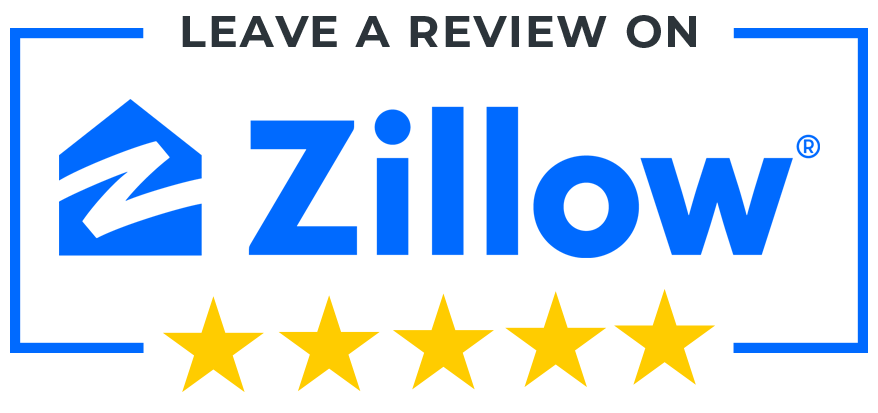A Look Into The Markets: June 2024
"The home should be the treasure chest of living." - Le Corbusier
Purchasing a home and moving to a new neighborhood are significant milestones for many. In this issue, we cover these topics along with the following:
What to Watch: In just the past two to three weeks, the U.S. economy has seen a slowdown in economic and job growth. Slowing growth in both sectors usually pushes borrowing costs lower and could continue in the months ahead if this trend lingers.
Housing: When purchasing a house, it's as important to consider the neighborhood you're moving into as it is the actual home.
Home improvement: With energy-efficient products and services increasing in popularity, more homeowners are taking on eco-friendly home improvements to save money and add value.
Q&A: Home inspections are critical to ensure you're purchasing a sound home. There are several important factors you'll want to assess.
What to Watch
Economic Slowdown and Job Growth Decline
Bottom line: Interest rates still have pressure from heavy note and bond supply from the Treasury, along with inflation pressures, which hurt rates. Fed Chair Powell has stated that the Central Bank will not have an appetite to cut rates unless it sees an unexpected weakness in the labor market. We may very well be seeing that unexpected weakness happening now.
Housing News
Economic Slowdown and Job Growth Decline
Bottom line: Interest rates still have pressure from heavy note and bond supply from the Treasury, along with inflation pressures, which hurt rates. Fed Chair Powell has stated that the Central Bank will not have an appetite to cut rates unless it sees an unexpected weakness in the labor market. We may very well be seeing that unexpected weakness happening now.
Home Improvement
Top 10 Factors To Consider When Choosing a Neighborhood
Location: Overall accessibility, transportation options, and even the climate can vary between locations. For this reason, it's important to weigh your options if you're deciding between areas with significant differences.
Budget: Start your search in neighborhoods with housing prices that fit solidly within your budget without stretching you too thin. You'll also want to consider any additional costs associated with your home purchase, such as homeowners' association or other fees if you're considering a condo or deed-restricted community.
Costs: Purchasing a home may also come with additional costs beyond your mortgage. Property taxes, utilities, groceries, entertainment, and the overall cost of living can vary significantly between neighborhoods.
Crime and safety: Crime and safety ratings should be on your list. Research local emergency and community resources, such as medical, fire, and police services, to make sure you have the security you need in a neighborhood.
Schools: If you have kids, you'll also want to do your research on schools. Assess rankings, available programs, and extracurriculars, along with the district's reputation and individual schools. You might also look at different types of schools, including public, charter, or private schools.
Amenities: Make a checklist of your must-have amenities, including shopping, dining, entertainment, parks, and recreation options. As you look for your new home, go down the list to see what's available in each neighborhood.
Proximity: Proximity to family, friends, school, and work is another factor to consider. Think about walkability, driving time, fuel costs, and how close you want to be to important amenities.
Community environment: Get a feel for the overall community. Friendly neighbors and a diverse population can add to the appeal for many homebuyers. Consider the noise levels and overall comfort of the area you're looking at.
Pet-friendliness: For homebuyers with pets, an area with clean and safe walking paths, parks, and other pet-friendly amenities are top priorities. It's also important to consider any potential breed restrictions.
Value and growth: Do some research on the potential value and growth for the neighborhood. This is important because you want to buy in an area with strong anticipated appreciation in case you decide to sell your home in the future.
Q&A
Eco-Friendly Home Improvements That Save You Money
Energy-efficient appliances: Replacing older appliances such as refrigerators, dishwashers, washing machines, and dryers with new ENERGY STAR-certified models can cut down your usage and costs. An energy-efficient refrigerator, for example, uses much less electricity than older models.
Smart thermostats: These Wi-Fi-enabled thermostats automatically adjust the temperature when you're away to lower heating and cooling costs. You can also control them remotely from your smartphone for even more efficiency. Utility companies may also offer rebates for installing smart thermostats, helping offset the upfront cost.
Insulation: Upgrading your home's insulation keeps cool air inside during the summer and prevents heat from escaping in the winter, minimizing HVAC energy needs. Proper insulation can also help boost your home's value with the potential of lower energy bills for prospective buyers.
Registered Mortgage Broker - NYS Department of Financial Services - All mortgage loans arranged with third party providers. | Licensed by the NJ Department of Banking and Insurance | Licensed by the FL Department of Financial Services, Licensed by Connecticut Department of Banking | All Loans Arranged through third Party Providers | NMLS Consumer Access: http://www.nmlsconsumeraccess.org) NMLS 876527
© Tabrasa, LLC. All rights reserved.


